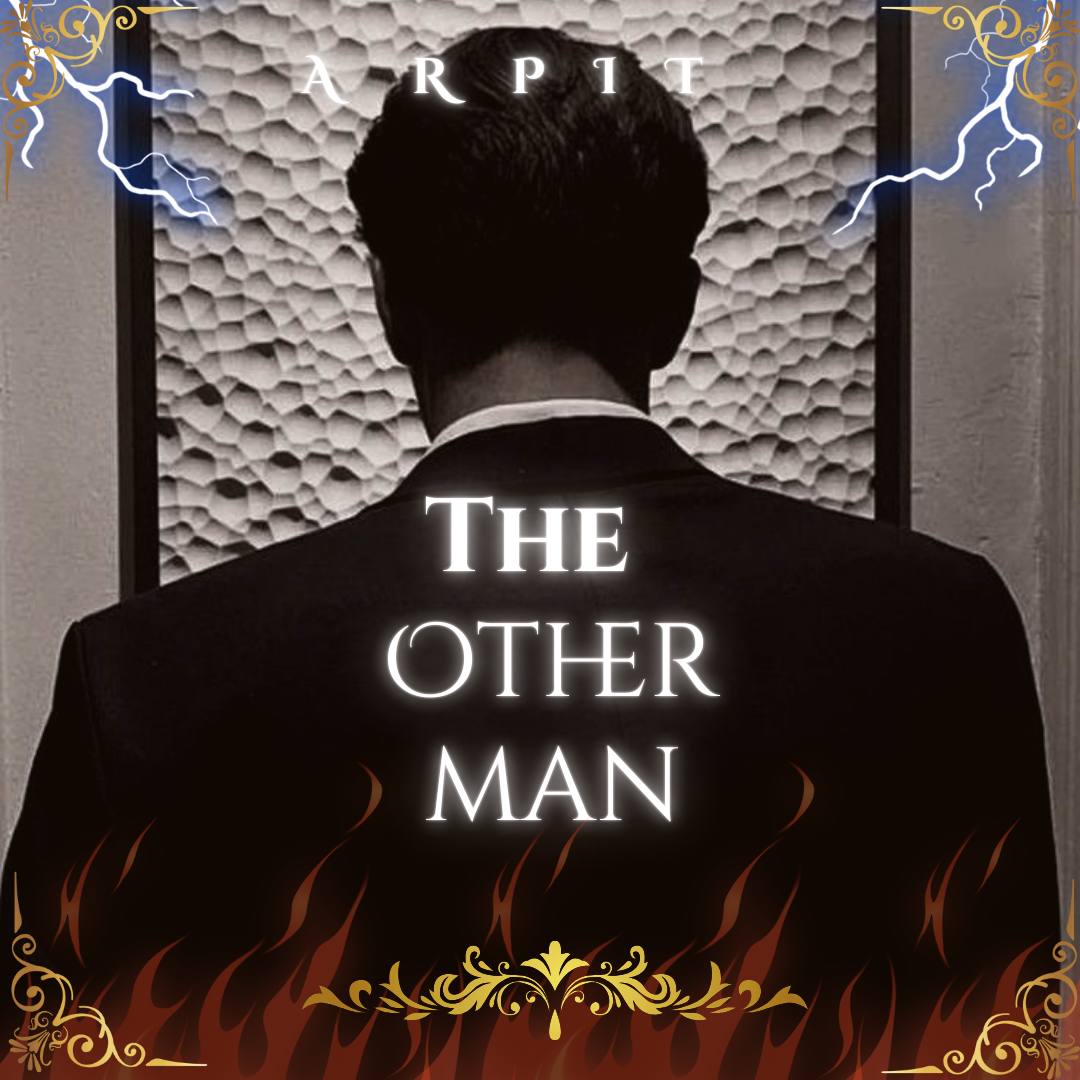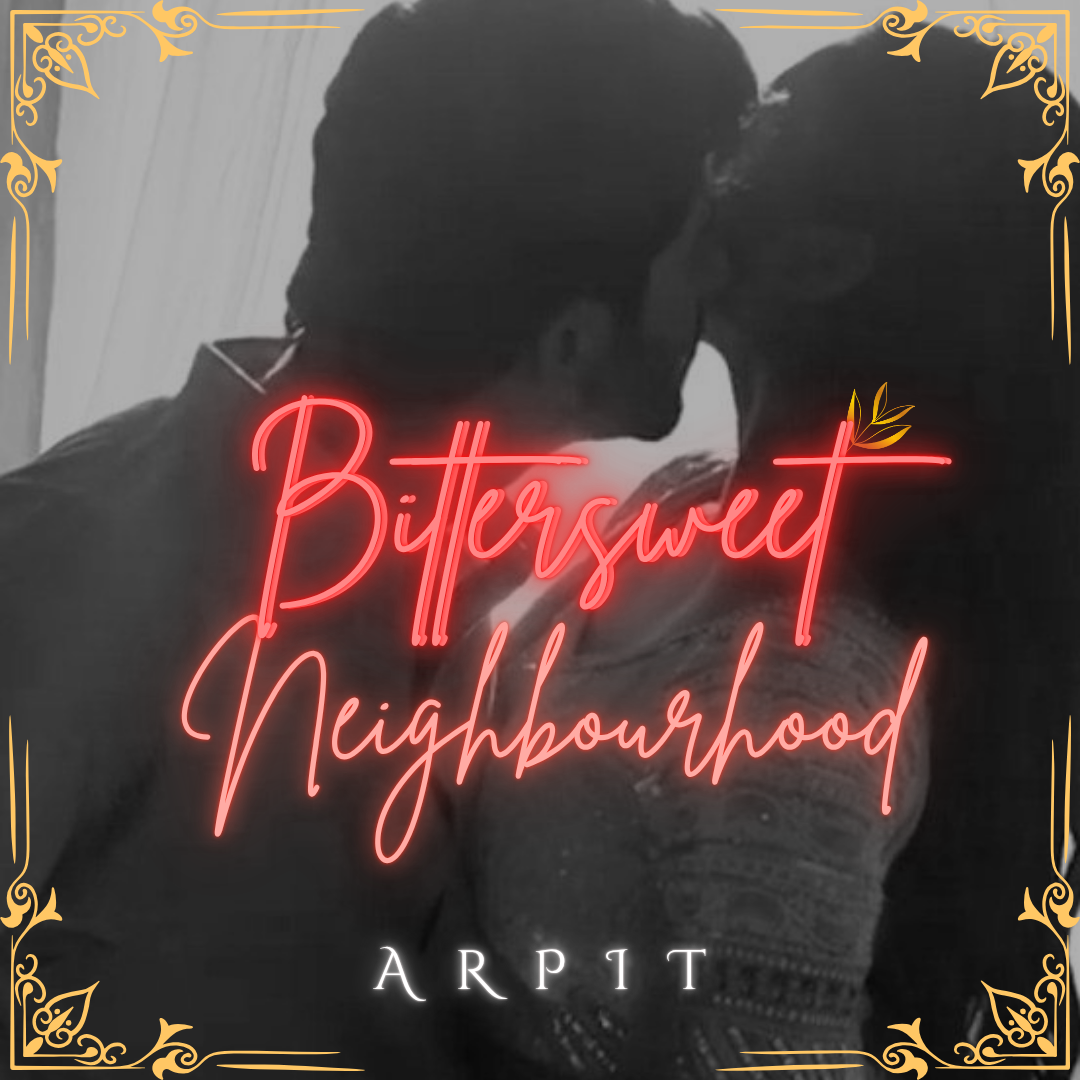
The results arrived just before Diwali.
Patna's skies were already glowing with firecrackers, but no light burned brighter than the spark in Aradhana Jha's eyes when she saw her name printed in bold—"Aradhana Jha – UPSC Mains Qualified. Called for Interview."
She didn't scream. She didn't run outside or call her friends.
She folded her palms, bowed to her books, and whispered:
"Maa-Baba ke sapne ka ek aur kadam poora hua."
(Another step completed in my parents' dream.)
And then... she smiled softly, knowing someone else would be smiling too.
.
.
.
.
.
.
That night, she messaged just one person.
Aradhana: Interview qualified. Bas aakhri ladayi bachi hai.
(Just one final battle remains.)
She didn't expect an immediate reply.
But within seconds, it arrived:
Nilkanth: Main office jaa raha hoon. Pura Patna decorate kar denge tere welcome ke liye.
(Heading to office. Let's decorate all of Patna for your welcome.)
She laughed for the first time in days.
.
.
.
.
.
.
.
But while Aradhana and her family lit diyas that night, Ramesh Thakur's Haveli was dark.
Not due to power cuts, but anger.
Because the daughter of a middle-class tailor had crossed every boundary he had set for her.
That night, he made a final move.
He called a press conference—a rare event for a man who usually worked from shadows.
Before local news channels, he smiled coldly.
"Thakur Constructions is under investigation for land use irregularities. This sudden storm has been caused by a student with political backing. I urge authorities to check whether this 'aspiring IAS officer' has followed due process... or if there's a bigger conspiracy at play."
He never mentioned Aradhana's name.
But everyone knew who he meant.
.
.
.
.
.
.
The next morning, Aradhana's name was splashed across TV screens and social media posts.
"UPSC aspirant linked to political controversy."
"Thakur Constructions vs UPSC Topper?"
"Love story turns into land war?"
At college, teachers avoided her. Students whispered.
One girl said, "IAS banne se pehle toh scandal mein aa gayi."
( She got into scandal even before becoming an IAS.)
Another mocked, "Nilkanth Thakur se pyaar kiya, toh price toh dena padega na."
( She loved Nilkanth Thakur—of course there's a price.)
But Aradhana stood tall.
She didn't cry.
Because this wasn't new.
Every woman chasing power walks through fire.
.
.
.
.
.
.
.
That afternoon, Nilkanth watched the press clip alone in his office. His knuckles clenched, face stone still.
Ganesh entered. "Bhai, kuch karna padega. Sab log Aradhana ka naam khinch rahe hain."
( Bro, we have to do something. Everyone's dragging Aradhana's name.)
"Karunga," Nilkanth said quietly.
He walked out, straight to his Haveli.
.
.
.
.
.
.
Inside, Ramesh Thakur was pouring himself whiskey.
"Tum aaye ho? Mujhe laga Aradhana ke saath bhaag gaye honge."
( You've come? I thought you would've eloped with Aradhana by now.)
Nilkanth didn't flinch.
He walked to the center of the room.
"Aapne meri maa ki chita ki kasam khayi thi. Kabhi jhooth nahi bolenge. Aaj aapne jhooth bhi bola, aur ek nirdosh ladki ka naam bhi kharab kiya."
( You had sworn on my mother's pyre that you'd never lie. Today, you've not only lied—but defamed an innocent girl.)
Ramesh stood, furious. "Woh ladki tumhari maa ki jagah nahi le sakti!"
( That girl can never replace your mother!)
Nilkanth's voice cracked but stayed steady.
"Woh meri maa ki jagah nahi chaahti. Par aap ki jagah zaroor le chuki hai—mere dil mein."
( She doesn't want to take my mother's place. But she has definitely taken yours—in my heart.)
Then he did the unthinkable.
He took off his father's ring—a symbol of family legacy—and placed it on the table.
"Aaj se main Thakur Haveli ka beta nahi. Sirf Aradhana ka saathi hoon."
(From today, I'm no longer the heir of Thakur Haveli. I'm just Aradhana's partner.)
He walked out, leaving behind a stunned silence.
.
.
.
.
.
.
.
Back at the Jha household, Sushila was pacing. The news, the media chaos—it was all too much.
That evening, someone knocked.
She opened the door to find Ramesh Thakur standing outside, alone.
"Main maafi maangne aaya hoon," he said softly.
( I've come to apologise.)
Sushila folded her arms. "Aap jinke ghar aur sapne todte ho, unse maafi bhi mangte ho kya?"
( Do you ask forgiveness from the homes and dreams you destroy?)
He didn't defend himself.
"Main chahta hoon ki meri nafrat Aradhana ki jeet na ban jaaye. Usne sab kuch paaya bina kuch liye. Main haar gaya hoon, behenji."
( I don't want my hatred to become her victory. She's gained everything without taking anything. I've lost.)
Sushila stared for a moment.
Then stepped aside.
"Toh andar aaiye. Aapko usse maafi uske samne maangni hogi."
(Then come in. You'll have to apologise to her face.)
.
.
.
.
.
.
Aradhana entered slowly, unsure what to expect.
Ramesh folded his hands before her.
"Maaf karo beta. Main galat tha."
(Forgive me, child. I was wrong.)
She didn't say a word.
She just nodded once—and left the room quietly.
Because some forgiveness is too heavy for words.
.
.
.
.
.
.
On the rooftop of the Jha home, Nilkanth sat with her under the stars.
"Tumne Bauji ko maaf kiya?"
( Did you forgive my father?)
"Nahi," she replied. "Par unhe samajhne ka ek mauka diya."
( No. But I gave him a chance to be understood.)
He handed her a small gift box.
Inside was a pen.
"Yeh pen meri maa ki hai. Main chaahta hoon tum interview usse likho."
(This pen belonged to my mother. I want you to use it in your interview.)
Aradhana held it delicately.
"Main isse sirf likhungi nahi... apna faisla bhi sign karungi."
(I won't just write with it... I'll sign my decision with it.)
They sat in silence—two rebels, two lovers.









Write a comment ...